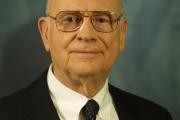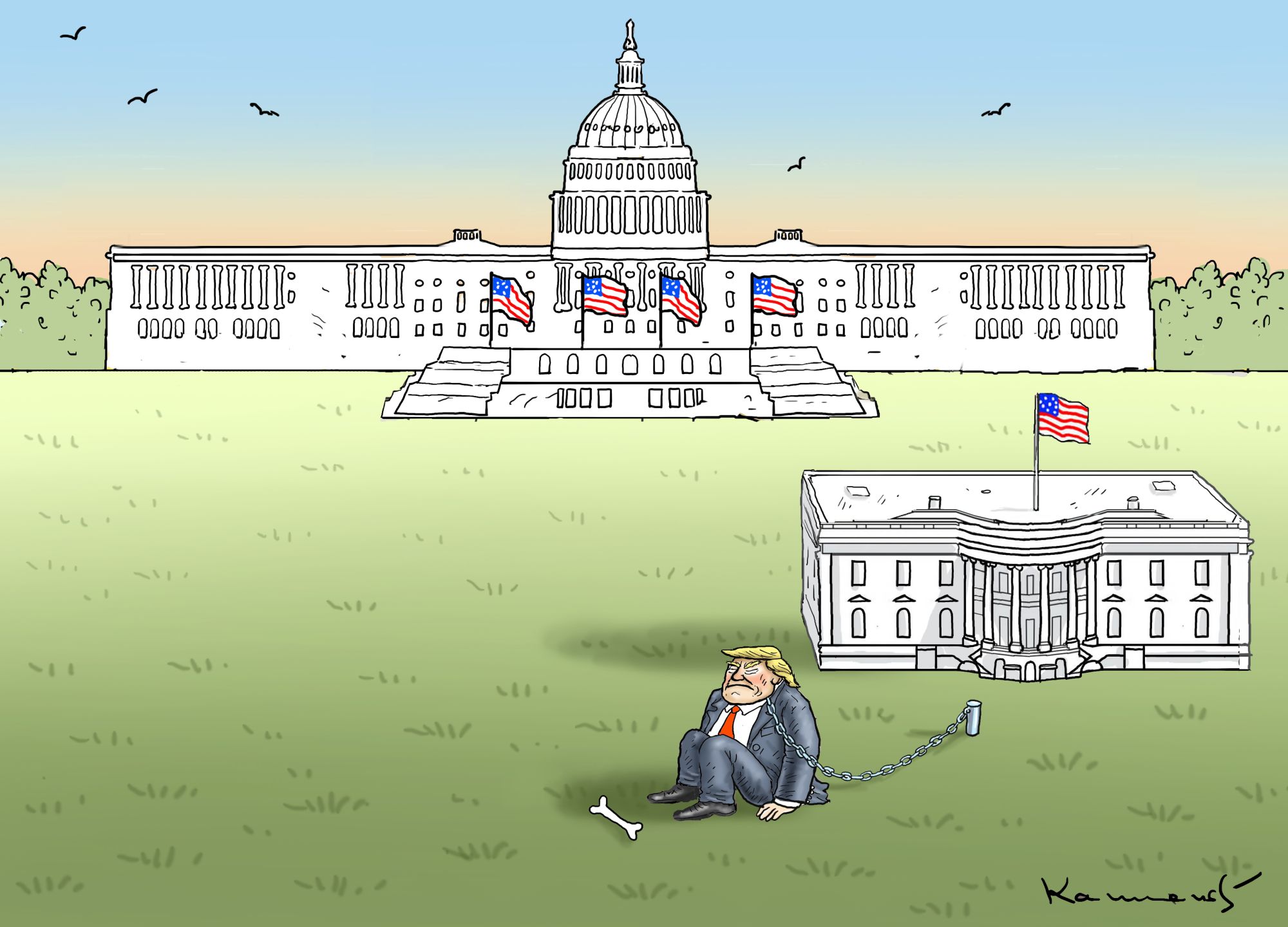BY LEE H. HAMILTON
 One reason I consider myself fortunate to have led a life in politics is that, over time, I’ve had a chance to work with nine presidents. From Lyndon Johnson through Barack Obama, I’ve talked policy, politics and, sometimes, the trivial details of daily life with them. I met JFK twice for brief conversations. I don’t know our current president, but I’ve gained valuable perspective from his predecessors.
One reason I consider myself fortunate to have led a life in politics is that, over time, I’ve had a chance to work with nine presidents. From Lyndon Johnson through Barack Obama, I’ve talked policy, politics and, sometimes, the trivial details of daily life with them. I met JFK twice for brief conversations. I don’t know our current president, but I’ve gained valuable perspective from his predecessors.
Johnson was a deal-maker – always trying to figure out how to get your vote. He came into office with a clear vision of what he wanted to do, and on the domestic side notched accomplishments unmatched in recent decades. Yet he was brought down by the Vietnam War – a war he could neither win nor quit.
Richard Nixon, one of the more complex personalities to inhabit the office, often spoke to me about his mother and her home in Indiana. Highly intelligent, brimming with energy, extremely ambitious, he was also uneasy in social settings and could be vindictive. He focused intently on policy, especially foreign policy – and yet had a flawed moral compass.
Few people were nicer in politics than Gerald Ford. His great contribution was to help the country heal after Watergate and Nixon’s resignation. His was not an especially productive presidency, but that wasn’t what the country wanted. Instead, people wanted the stability and reassurance that Ford provided in turbulent times.
Jimmy Carter was a marvelous, down-to-earth campaigner, whose engineer’s mind led him to seek comprehensive solutions to the problems of the day. But his outsider approach led to difficulties, even with a Democratic Congress. Carter served in extraordinarily complex times – through the Iran hostage crisis and rampaging inflation. Yet no American soldier died in combat while he was in office, a remarkable achievement, and Carter has set the gold standard for the post-presidency.
Ronald Reagan’s sunny optimism contrasted sharply with Carter’s “malaise.” Reagan may be identified as the great conservative ideologue, but he was pragmatic. He talked about government being the problem – but signed the appropriations bills that came to his desk. He denounced Medicare – but made no effort to repeal it. He reduced some taxes – then supported a large tax hike. His chief interest was not so much policy, but how to use his acting skills to communicate to the American people.
George H.W. Bush came from the aristocracy, yet devoted his life to public service with decency, honor, and modesty. He deserves praise for his skill in handling the transition from the Cold War, yet he had modest legislative accomplishments. During Bush’s presidency, Newt Gingrich – who criticized Bush for his bipartisan attitude – ushered in the mean-spirited, confrontational political warfare that still bedevils us.
Bill Clinton arrived as Ppesident facing high expectations because of his mastery of policy detail and superb political skills. But he couldn’t get his major health care bill through, and the Monica Lewinsky scandal and his impeachment took a toll on the country. I often wonder how much more could have been accomplished had he not been distracted by personal problems.
George W. Bush was affable and likable. He was not a detail man, but right after the 9/11 attacks he effectively led the country in response. The course of his presidency, however, was downhill: he came into office with a strong budget surplus and the nation at peace; when he left we were at war in Iraq and Afghanistan, were running large budget deficits, and the economy was plunging into the Great Recession.
Barack Obama was deliberative, rational, smart, and took a conciliatory, compromise-ready approach. He learned quickly and mastered complex issues. He inherited a tough economy and got it moving again. But he changed in the face of implacable Republican opposition and his own reluctance to engage fully with Congress, arriving with great optimism and expansive goals and leaving with a far shorter, more incremental horizon.
These men were not demigods. Presidents are human, with qualities both fine and troubling. Each was different, and at least one tested our democracy. Yet our system of government showed considerable resilience – in part because Congress often played a crucial role as counterbalance, a role much needed with our current president.
– Lee Hamilton is a Senior Advisor for the Indiana University Center on Representative Government; a Distinguished Scholar, IU School of Global and International Studies; and a Professor of Practice, IU School of Public and Environmental Affairs. He was a member of the U.S. House of Representatives for 34 years.







